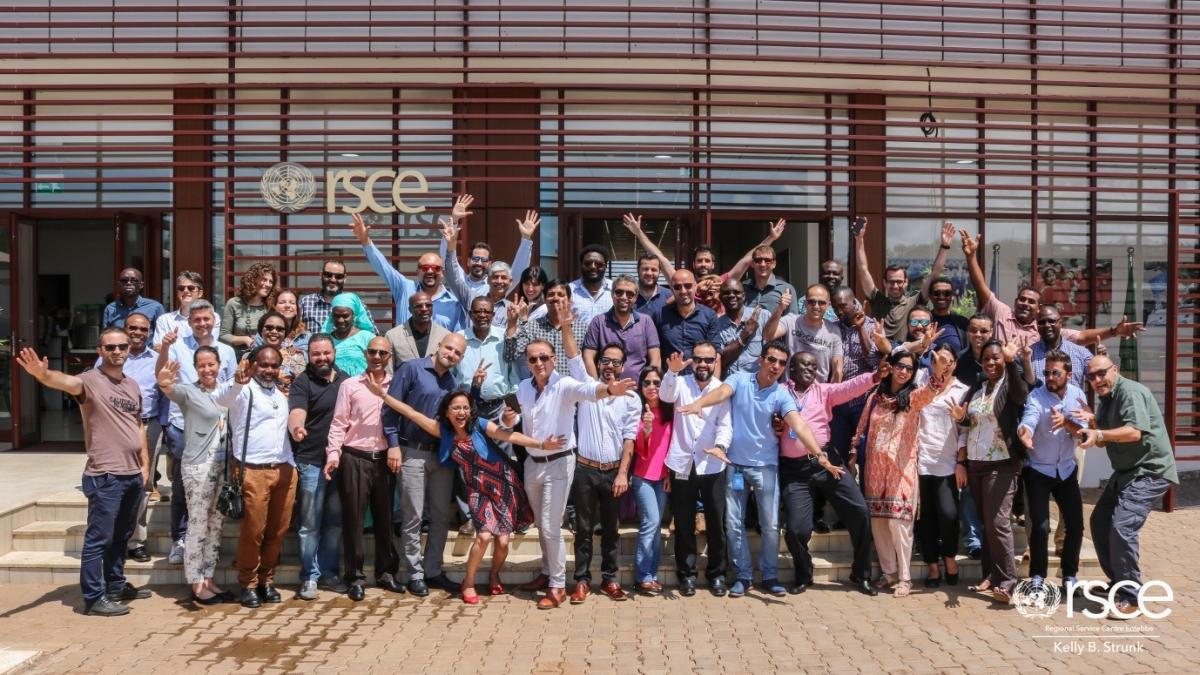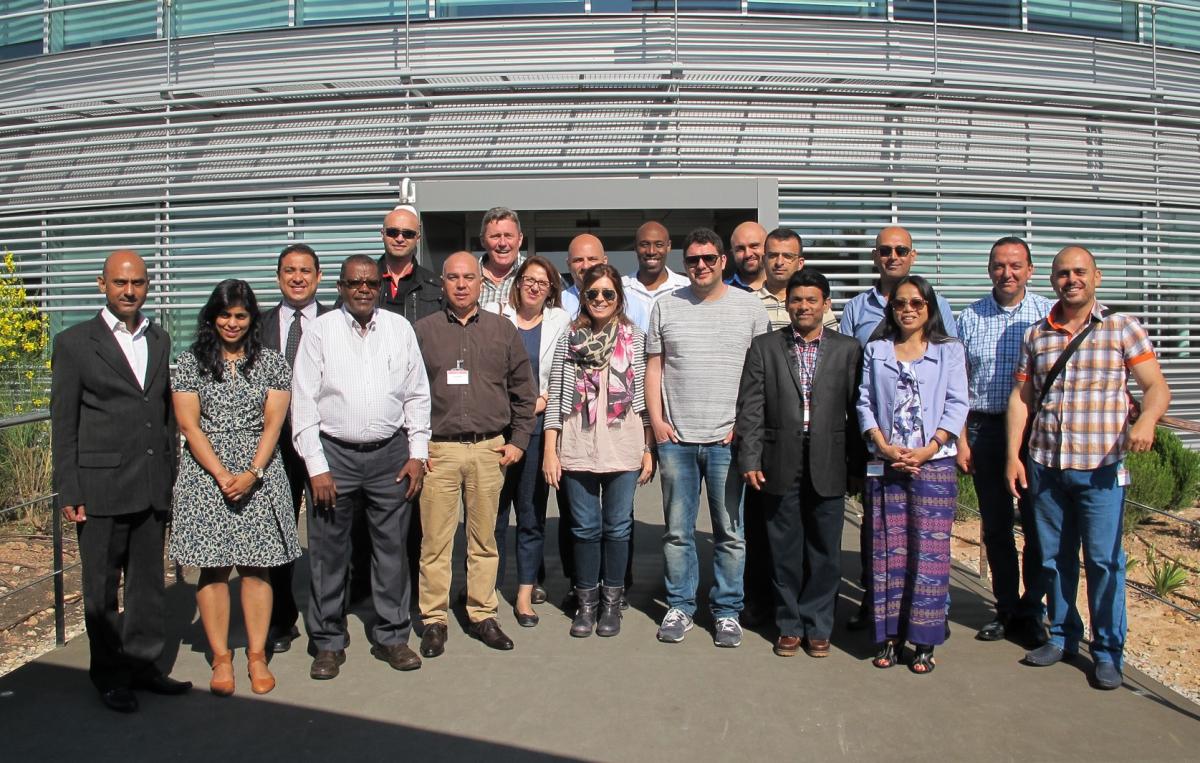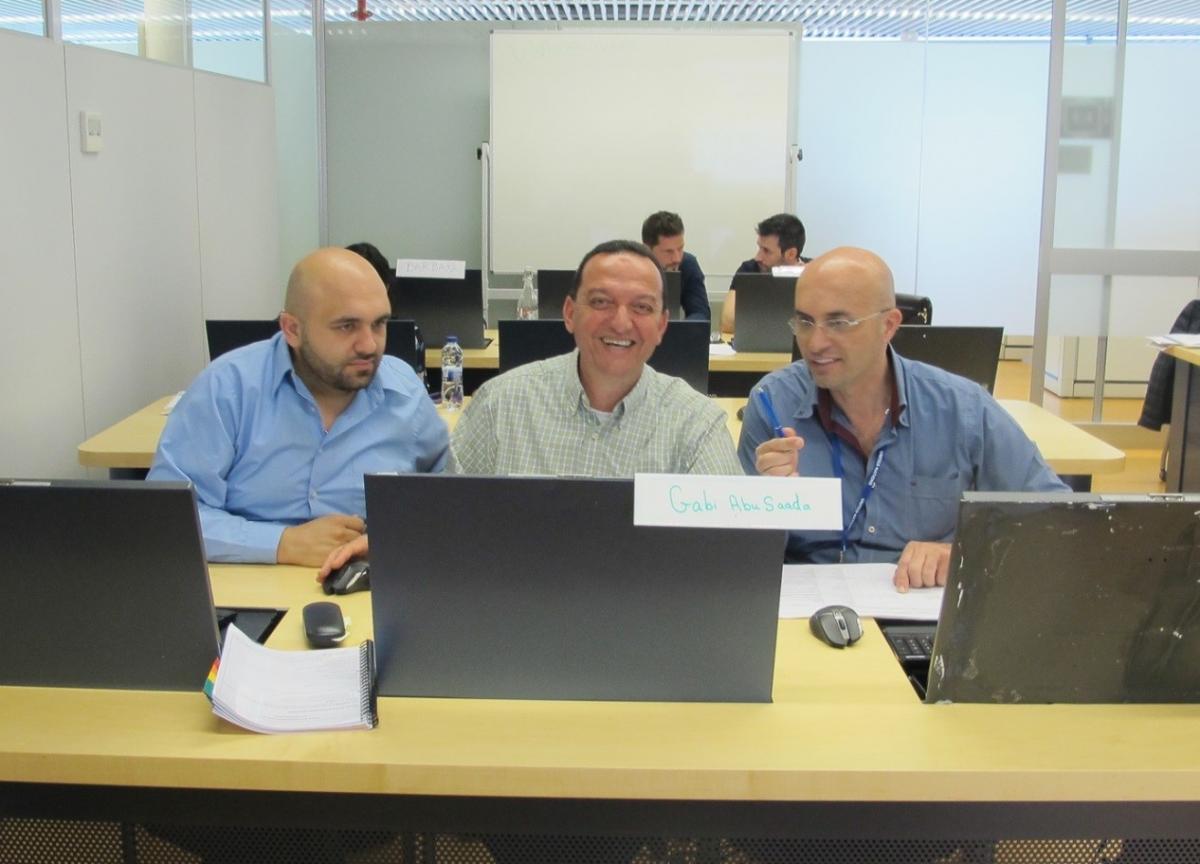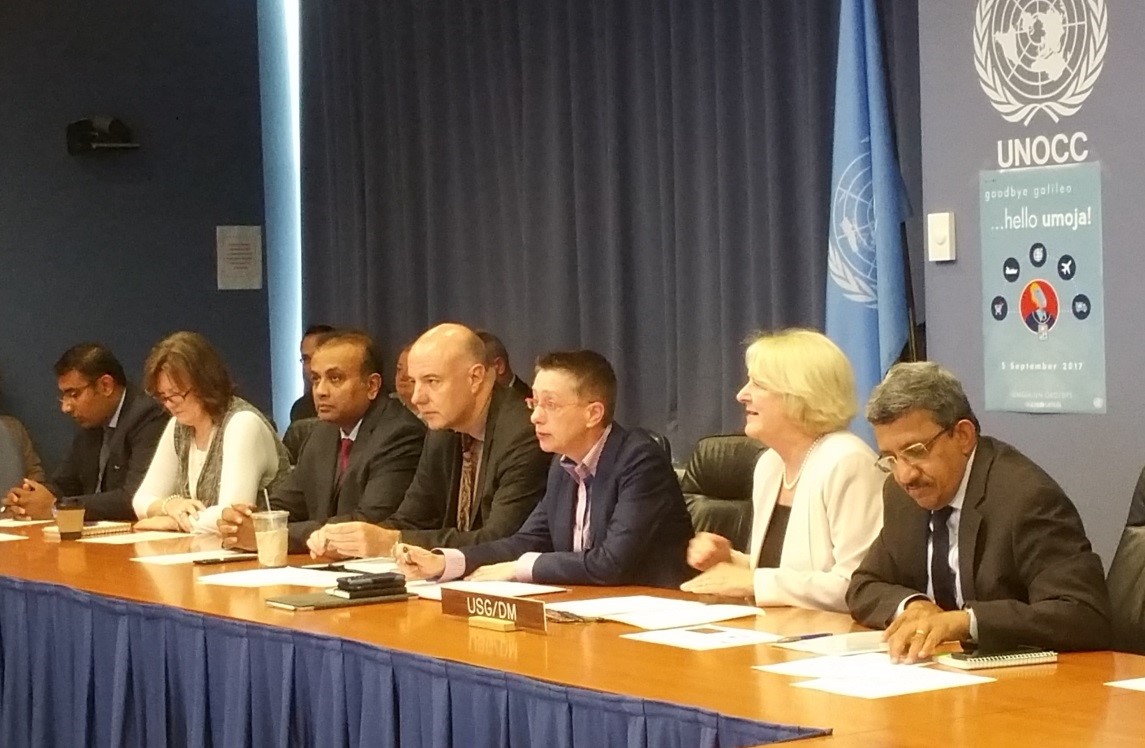Interview: Ms. AnneMarie van den Berg on the future of Supply Chain Management at the UN
AnneMarie van den Berg is Director of Logistics Support Division, Department of Field Support. As the Logistics Process Owner, Ms. Van den Berg oversees the Galileo Decommissioning Project (GDP), which is Phase 1 of the Supply Chain Management functionality of Umoja Extension 2. Read more about GDP here.

Why is the Galileo transition to Umoja important for the UN?
UN is a field focused organisation which makes this transition extremely important. Missions have been using Galileo for inventory, property and fleet management for over 10 years, while the Organisation has moved to Umoja. Now the Missions are joining the rest of the Organisation and will be able to perform their inventory and warehouse management in Umoja. This will enable global inventory visibility, improve financial compliance, and help the UN to be more transparent and nimble. GDP is actually the first step towards achieving a greater goal - a fully functioning supply chain management module in Umoja (UE2 SCM Phase 2), scheduled to be completed in 2018.
What has been your experience with the GDP implementation?
GDP has required a substantial number of staff to be involved; missions and HQ colleagues from Umoja, GDP team, OPPBA, ICTD, our service centres in Entebbe and Brindisi and others, have been working extremely hard to implement this project. Testing was one of the key hands-on activities where I was involved. Together with the testing team in Entebbe, I made sure that the stock transfer process worked as intended. It took us two days to test a transaction that normally should be performed in 10 minutes. That gives you an idea of how strict and rigorous the testing process was.
How would you compare GDP to other Umoja projects?
It is one of the most complex Umoja deployments due to the volume of data and number of impacted staff – around 2000. We’ve learned lessons from previous deployments and worked hard to prepare the system and users ahead of GDP go-live. Thanks to the dedication of staff, putting a lot of hours and efforts, we can now say we are ready. Our launch event will take place on 6 September in Mali, and will be celebrated globally across all missions.
What do you expect after go-live in September?
The hard work does not stop after go-live; for some, it will only intensify. The ramp-up process takes place immediately after go-live, when Umoja modules will be switched on one by one. Ramp-up is another safety net designed to ensure that the system is stable, contains all relevant data, and that staff has learned how to use it. Even though we’ve done a lot of testing, certain things might not work as intended. We also could potentially experience data issues. But these kinds of challenges are expected in complex projects such as GDP. It is very important, however, to have mechanisms in place to resolve issues in a timely and effective manner. It might take up to three months to stabilise the system and we will be there to support the missions during this period.
How are you supporting Missions during this transition?
Our support model is based around five hubs - Bamako, Entebbe, Brindisi, Naqoura, and New York. The hubs will provide support to the assigned missions on any issues or questions that arise. Additionally, experts will be at hand to assist locally, in the missions. It is also very important to offer additional refresher training to staff and provide them with supporting materials like job aids, process maps, and cheat sheets.
Could you tell us more about the Phase 2 of the project?
As soon as the system is stable, we want to move forward with UE2-SCM Phase 2, which I mentioned before. When I talk to colleagues about Phase 2, I see more excitement and enthusiasm because of the new functionalities and expected benefits. By the end of 2018, we’ll be able to significantly improve our demand planning and forecasting abilities; become better at transportation planning; and take advantage of track and trace functionalities. There will also be improvements in other key supply chain processes. We are at the beginning of the road that will make UN supply chain management more agile, robust, and efficient.

Participants of the first training cycle in Entebbe

Testing team

GDP testing in Action!

Global VTC between Senior Management and Mission staff
